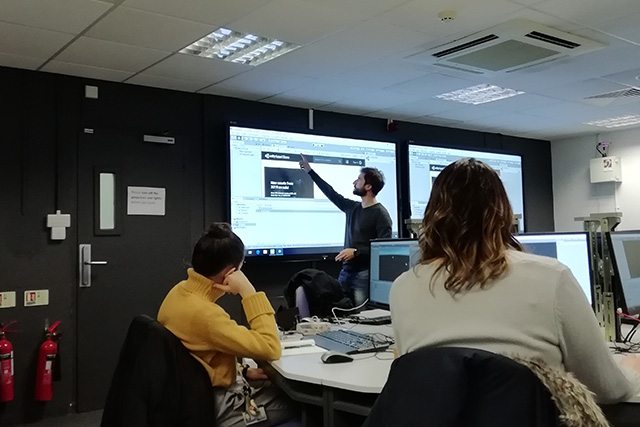Winners of the Immers-Ed Global Hackathon: the First Hackathon at Oxford Devoted to Immersive Technologies
Winners of the Immers-Ed Global Hackathon: the First Hackathon at Oxford Devoted to Immersive Technologies
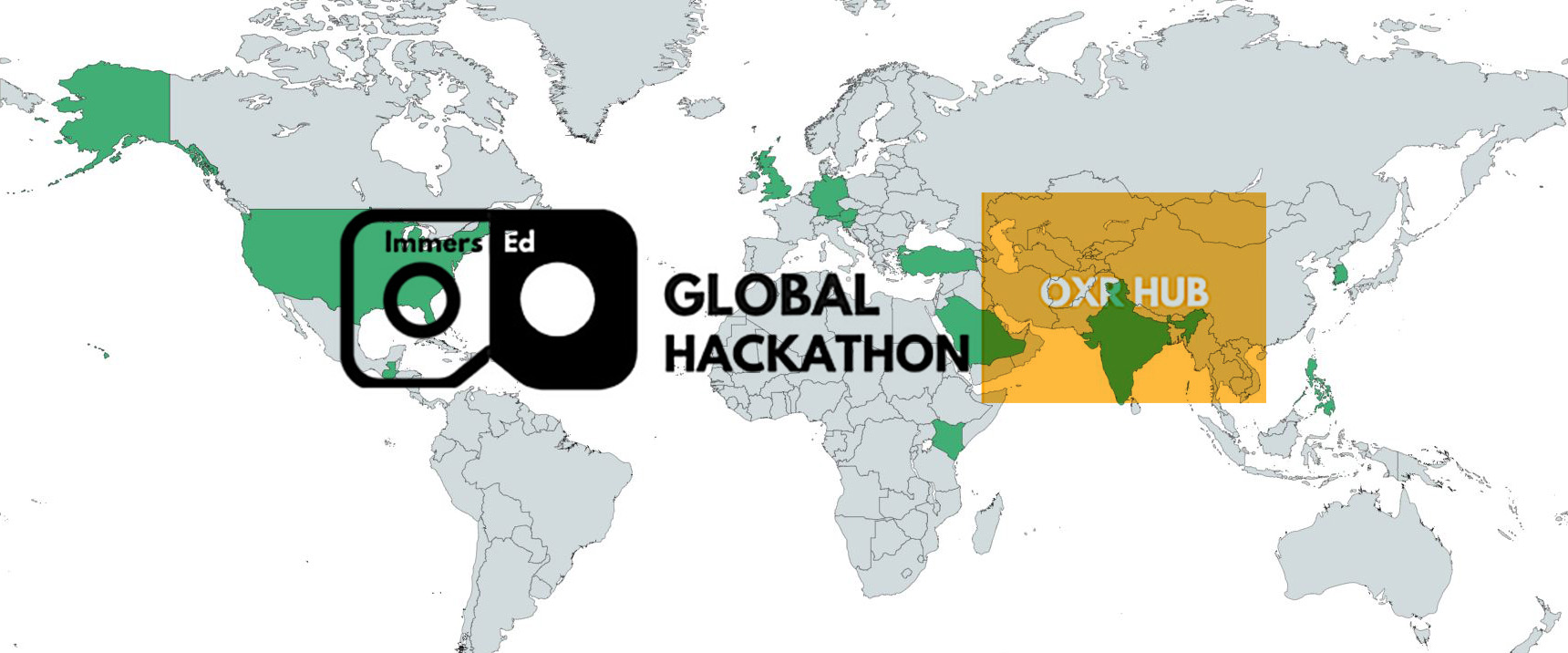
We are proud to announce the winners of the Immers-Ed Global Hackathon, the first hackathon at Oxford devoted to Immersive Technologies. The event, modelled upon programming hackathons, was a new creative venture of the Oxford X-Reality Hub in partnership with the TORCH (En)coding Heritage Network, working in collaboration with a number of University and industry leaders. The hackathon tasked participants with devising solutions to challenges arising from the pandemic in four key areas: Cultural Heritage, Education, Environmental Sustainability and Healthcare.
Participants from eleven countries collaborated to devise their project over the course of 72 hours (28 Sept. - 30 September 2021). The submissions were judged by a panel of academics and industry leaders who were impressed by the creativity and innovation shown by each team. We are proud to announce the winners of each challenge, as well as the grand prize winner, which will benefit from $10,000 of Amazon Web Services credit and expert mentorship to develop their project over the course of the next two years.
Winner of the Cultural Heritage Challenge
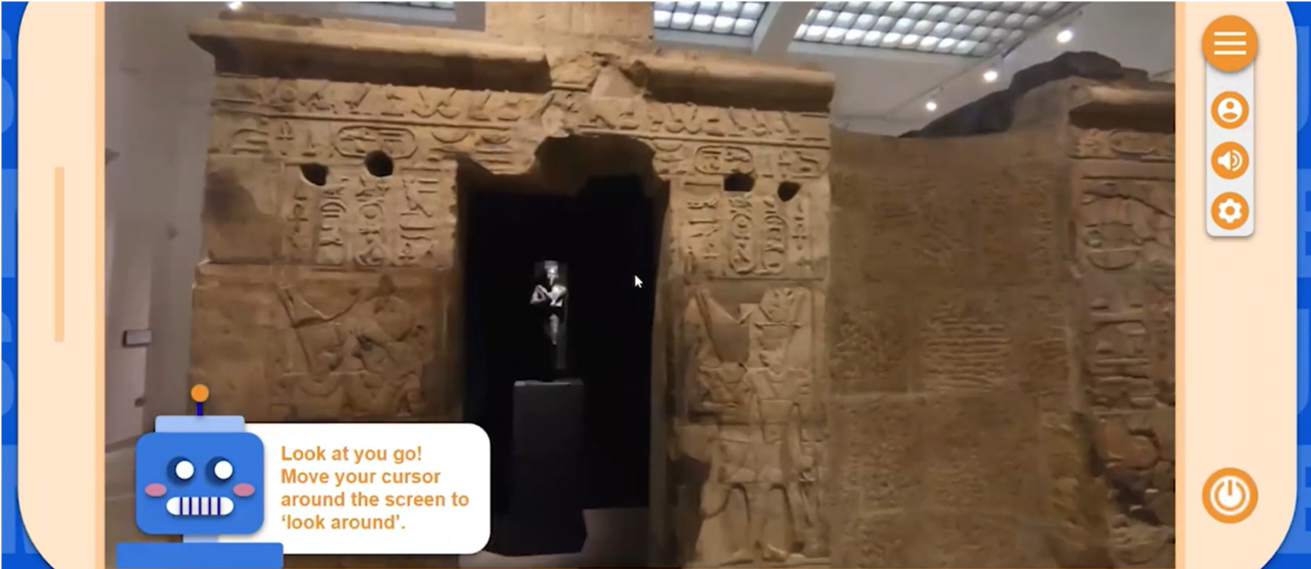
Museums of The Future is an immersive learning experience within the museum setting. It proposes a live virtual tour of a museum space using a robot that is remote-controlled by the learner, encouraging engagement with individual museum objects through gamification, without the need to travel.
Winner of the Medical/Healthcare Challenge
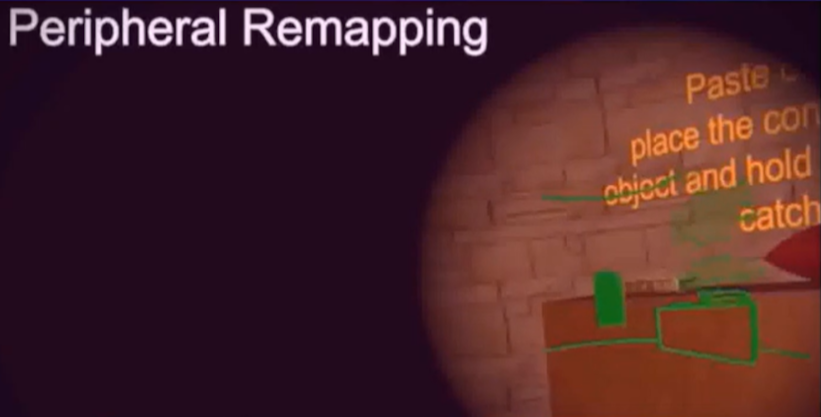
Havik Eye redesigns ophthalmology care. It uses Virtual Reality and Augmented Reality to deliver therapy through stimulation and immersion. The application is remote, widening accessibility to healthcare and eliminating distressing factors like the need of travel.
Winner of the Education Challenge
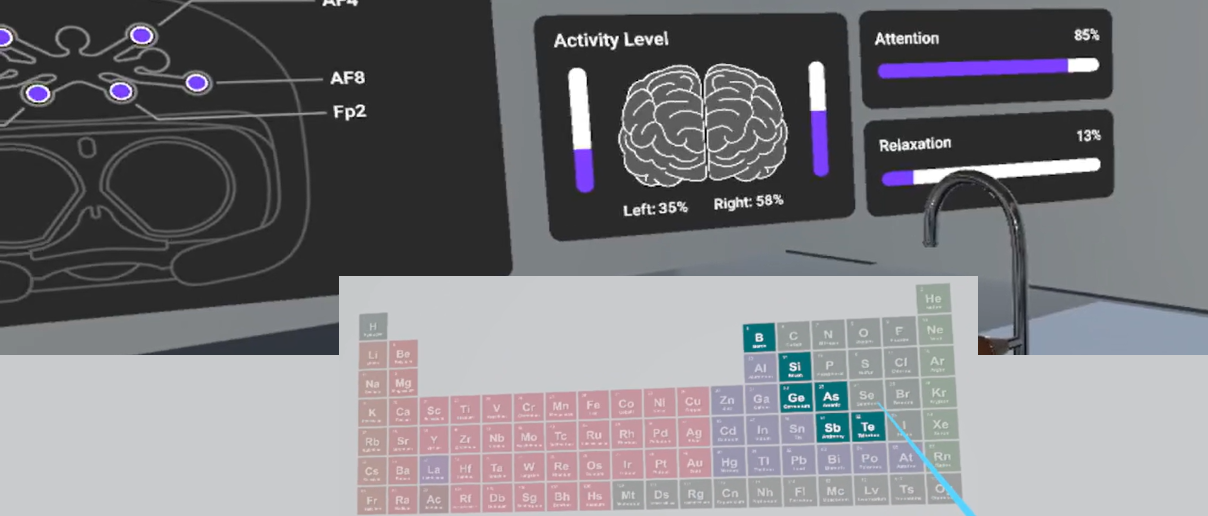
Chemist’s Interactive Lab addresses the disruptions in education wrought by the pandemic. It creates a virtual reality learning experience that measures attention and EEG activity simultaneously to promote engagement and retention of chemistry material.
Winner of the Environmental Sustainability Challenge
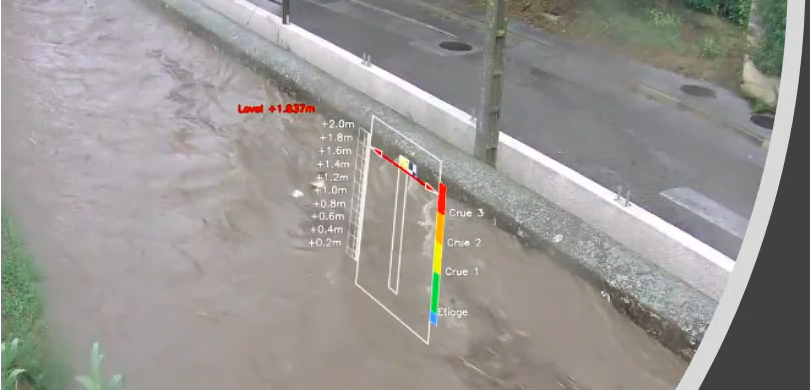
Flood Alerting System addresses an environmental challenge linked to global warming. The project proposes a mobile application that predicts flash floods, which are both unpredictable and prevalent in South Asian countries, reducing the damage caused by these and saving lives.
Grand Prize Winner
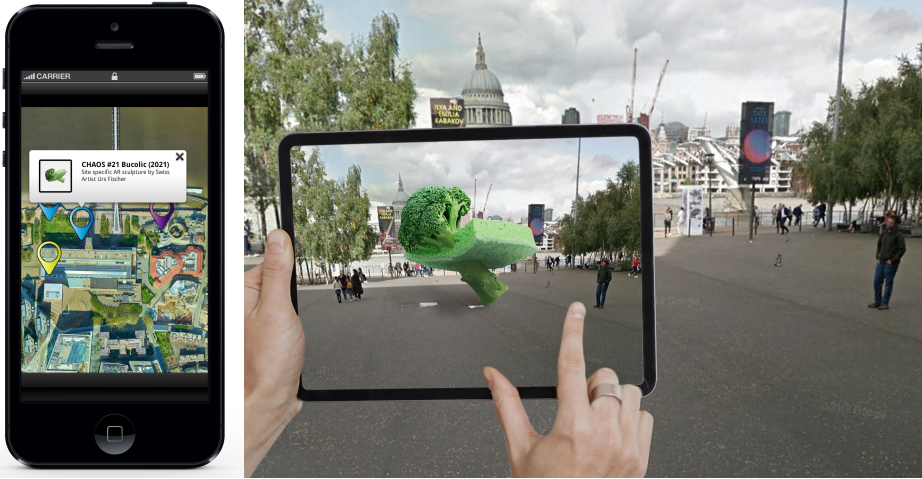
You can read our full Hackathon Report here
For more information about the hackathon and description of the winning projects, visit the Oxford X-Reality Hub website, https://oxr.eng.ox.ac.uk/.
The event was organised by Richard Smith, Lia Costiner and Angela Bermudo of the Oxford X-Reality Hub in collaboration with the TORCH (En)coding Heritage Network. University partners include the Oxford Heritage Network, Reuben College, the Oxford Department of Education, and industry leaders Microsoft and VISR. Sponsored by the University of Oxford IT Services, the MRC Weatherall Institute of Molecular Medicine and Amazon Web Services.


